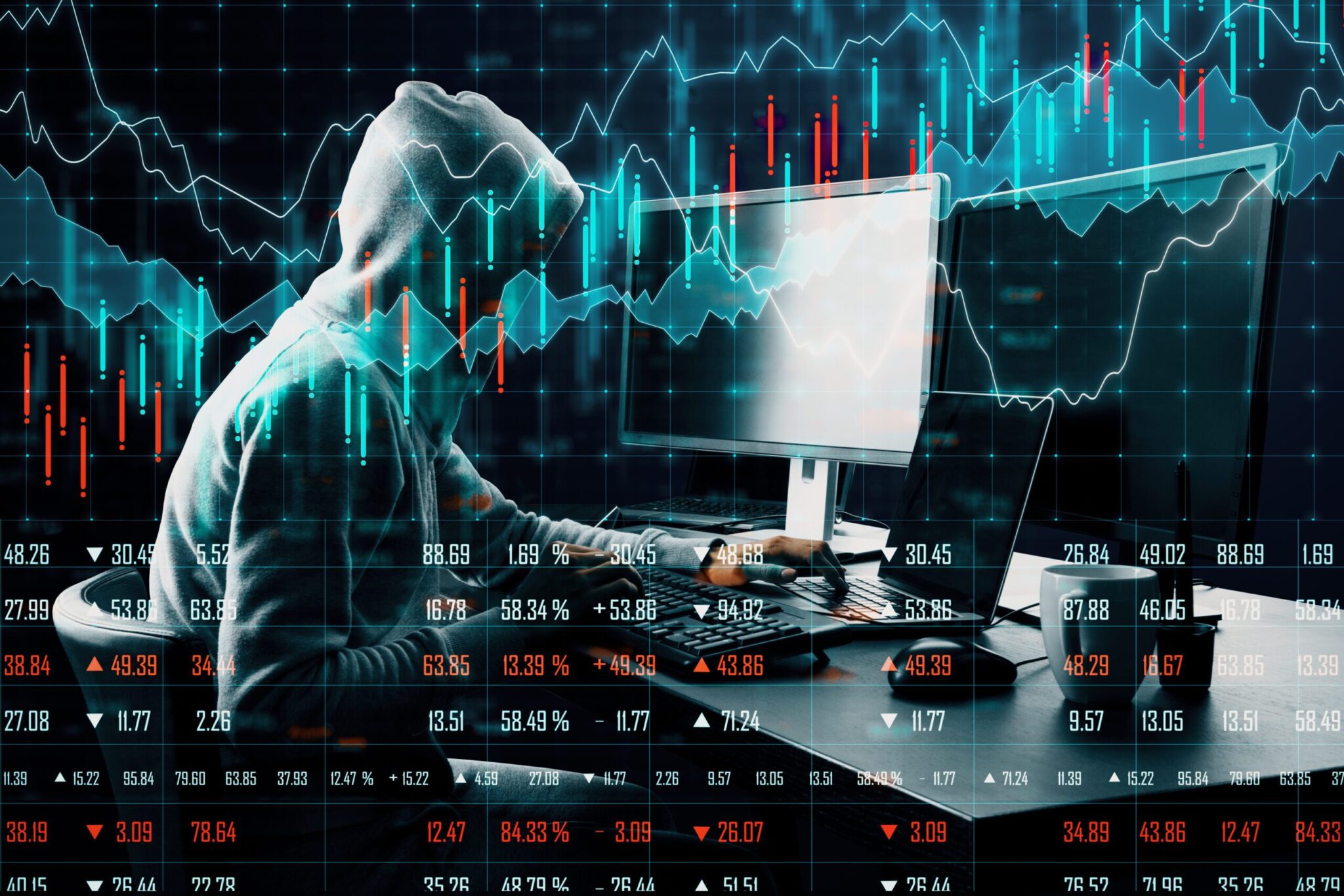Forex Trading Scams
Customer Service
Call Us
+0 (987) 654 321
Send Message

Foreign exchange trading, commonly known as forex trading, revolves around the buying and selling of currencies on the global foreign exchange market. Renowned as the largest and most liquid financial market worldwide, it boasts an impressive estimated daily turnover exceeding $6 trillion.
At its core, forex trading entails speculating on the price fluctuations of various currency pairs. Traders can capitalize on these fluctuations by strategically executing buy-low-sell-high or sell-high-buy-low transactions. Currency prices are influenced by an array of factors, including economic indicators, political events, central bank policies, and overall market sentiment on a global scale.
Forex trading offers multiple avenues for participation, such as spot forex, futures, options, and contracts for difference (CFDs). Spot forex trading involves immediate buying or selling of currency pairs at prevailing market rates. Conversely, futures and options trading involves entering into agreements to buy or sell currency pairs at predetermined prices and future dates. Furthermore, CFDs enable traders to speculate on currency price movements without directly owning the underlying asset, functioning as financial derivatives.
By understanding the dynamics of forex trading and leveraging the available financial instruments, traders can actively engage in this dynamic marketplace and potentially profit from currency price differentials. It is important, however, to consider the inherent risks and complexities associated with forex trading, as well as employ prudent risk management strategies to safeguard investments.
Is Forex Trading Legit?
Forex trading is a legitimate and lawful activity that is widely practiced in numerous countries. It is an industry that is closely regulated in many jurisdictions, with stringent oversight by government agencies to ensure the integrity and fairness of the market. Reputable brokers and trading platforms operate within the framework of these regulations, providing traders with a secure and transparent trading environment.
However, it is crucial to acknowledge that Forex trading carries inherent risks and may not be suitable for everyone. The availability of high leverage presents the opportunity for substantial profits, but it also exposes traders to the possibility of significant losses if the market moves unfavorably. It is essential for individuals engaging in Forex trading to thoroughly comprehend these risks and implement robust risk management strategies to protect their investments effectively.
When selecting a broker or trading platform, traders must conduct thorough due diligence. It is imperative to verify that the broker is regulated by a reputable regulatory authority, ensuring compliance with industry standards and providing a level of protection for traders. Additionally, a broker with a solid reputation and a track record of transparent pricing and fair trading conditions should be sought after.
By being informed about the risks involved, employing a sound trading strategy, and selecting a reputable broker, traders can navigate the Forex market with greater confidence and enhance their chances of success.
Is Forex Trading Legit?
Forex trading scams are fraudulent activities that involve deceiving traders into believing that they can make large profits with little or no risk in Forex trading. Forex trading scams can take many forms, but they generally involve one or more of the following:
- Fake Trading Platforms: Scammers may create fake trading platforms that appear to be legitimate but are designed to steal traders' funds or personal information.
- Ponzi and Pyramid Schemes: Scammers may create investment schemes that promise high returns with little or no risk but which are fraudulent schemes that rely on recruiting new investors to pay earlier investors.
- Signal Scams: Scammers may offer trading signals or automated trading systems that claim to have high accuracy rates but which are actually designed to generate profits for the scammers rather than for traders.
- Fake Brokers: Scammers may impersonate legitimate brokers or create fake brokerages to lure traders into depositing funds, which are then stolen.
- Investment Fraud: Scammers may use various tactics to convince investors to invest in fraudulent or non-existent Forex trading opportunities.
- To avoid falling victim to Forex trading scams, traders should be cautious and do their due diligence when choosing a broker or trading platform. They should also be wary of any investment opportunity that promises high returns with little or no risk, as these are often too good to be true. It's important to research any potential investment opportunity thoroughly and to seek the advice of a licensed financial professional before investing any money.
Why do people fall for Forex Trading Scams?
People can fall for Forex trading scams for several reasons, including:
- Greed: One of the main reasons people fall for Forex trading scams is the desire to make large profits quickly and easily. Scammers often exploit this desire by promising unrealistic returns with little or no risk.
- Lack of Knowledge: Many people are attracted to Forex trading because of its potential for high profits, but they may not have a solid understanding of how the markets work. This lack of knowledge can make them vulnerable to scammers who use complex jargon and technical analysis to make their scams seem more legitimate.
- Lack of Due Diligence: Some people may be in a hurry to make money and fail to do proper research on the investment opportunity or the broker they are dealing with. This can make them vulnerable to Forex trading scams.
- Trust: Scammers may use various tactics to gain the trust of their victims, including posing as legitimate brokers or using fake testimonials or reviews. Once they have gained the trust of their victims, it can be difficult for them to see through the scam.
- Pressure: Scammers may use high-pressure tactics to convince their victims to invest quickly, without giving them time to think or do proper research. This pressure can make it difficult for victims to make informed decisions about their investments.
- To avoid falling for Forex trading scams, it's important to be cautious and do your due diligence when choosing a broker or trading platform. You should also be wary of any investment opportunity that promises high returns with little or no risk and seek the advice of a licensed financial professional before investing any money.

FAQs
Forex trading scams are fraudulent schemes that aim to deceive people into investing money in fake or fraudulent Forex trading opportunities. These scams can take many forms, including fake trading platforms, fake brokers, and Ponzi schemes.
Forex trading scams can be difficult to spot, but there are some common warning signs to look out for, such as promises of high returns with little or no risk, unregulated brokers, and pressure to invest quickly.
To avoid Forex trading scams, it’s important to do your due diligence when choosing a broker or trading platform. You should research the broker’s reputation, check if they are regulated by a reputable authority, and read reviews from other traders. Be wary of any investment opportunity that promises high returns with little or no risk.
If you’ve been scammed in a Forex trading scheme, you should report it to the authorities and your financial institution immediately. You should also seek legal advice and consider contacting a fraud recovery service.
